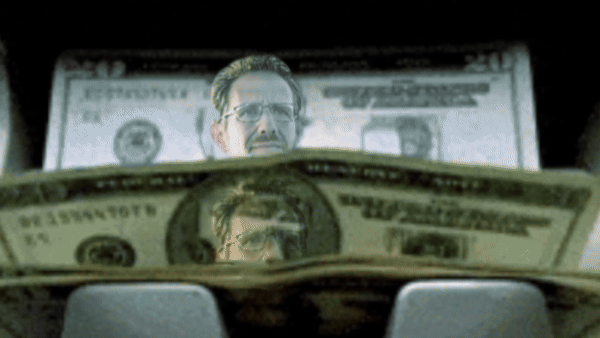
A lot of clients, especially in local government, are dealing with significant financial constraints right now. On top of the rate cap, which has been in place for a number of years, recent inflationary pressure plus changes to Workcover and the Waste Levy have put some organisations in a precarious financial position.
But if you find yourself in such a situation, it’s likely that it wasn’t necessarily you that put you there. The decisions that lead to the current financial position were made years ago…and equally, the decisions you make now may not have an impact for years to come.
I recently read an article about Jeff Bezos where he always took accolades about Amazon’s quarterly financial results with a grain of salt. As he put it, this quarter’s financial results were the outcome of decisions made three years ago, not in the last quarter. And the impact of the decisions that get made now might not be felt for years to come. So, if we should be congratulating anyone, it should be the past leaders and decision-makers, not the present ones.
What Jeff Bezos is highlighting is decisions have delayed implications. Following a decision being made, implementation could take anything from hours to years, and the impact and implications of those changes are not immediately obvious…and rarely exactly how we imagined.
In addition to this, the bigger the decision, the more likely the delay, if for no other reason than big decisions take longer to implement. We won’t know if we built the library in the right place until after it opens, and we might not know if the land was really suitable to build on until the next 100-year flood (that will probably occur sometime in the next decade).
The challenge of delayed implications is it can be tempting to use the delay to your advantage. Research into decision-making under pressure shows decision-makers bias towards options that have better short-term gains, even if the result is higher long-term pain when under pressure. Effectively, decision-makers are willing to jump out of the frying pan and into the fire for the sake of a few cooling moments of free-fall (and with the hope someone else will take their place before they hit the coals).
In response to the current financial restraints, I have no doubt there are some significant decisions that will be made with long-term impact for our organisations and communities. To ensure the best possible decisions, (rather than the easiest ones) it’s important to ensure we provide the time, space, and processes for making these decisions well.

Simon






